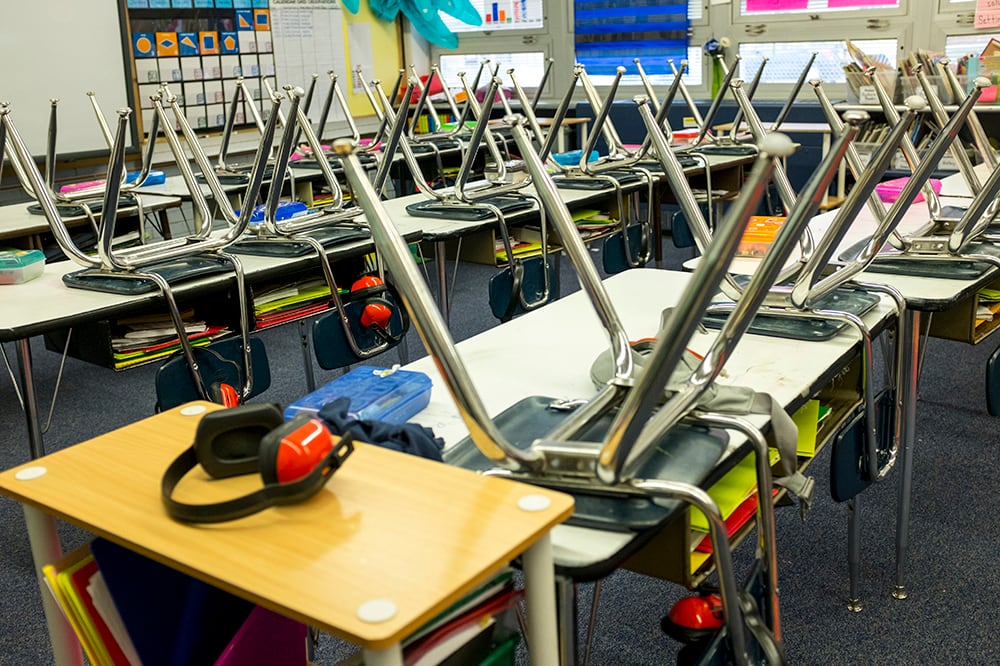Two people will be elected to the state board of education at a time of uncertainty for education in Michigan, as school leaders deal with the ramifications of the pandemic and growing concerns about equity.
Two seats are open on the eight-member board, which for much of the last two decades has been controlled by Democrats. The two people elected will serve eight-year terms.
Major party candidates running include Democrats Ellen Cogen Lipton and Jason Strayhorn, and Republicans Tami Carlone and Michelle Frederick.
Minor party candidates include: Bill Hall and Richard A. Hewer, Libertarian Party; Karen Adams and Douglas Levesque, U.S. Taxpayers Party; Mary Anne Hering and Hali McEachern, Working Class Party; Tom Mair, Green Party.
The state board’s main functions are to establish policy, set standards, and hire and oversee the state superintendent (who in turn oversees the Michigan Department of Education).
Here is what the major-party candidates had to say about key issues (Click on the candidate’s name in the tabs below to read their responses):





